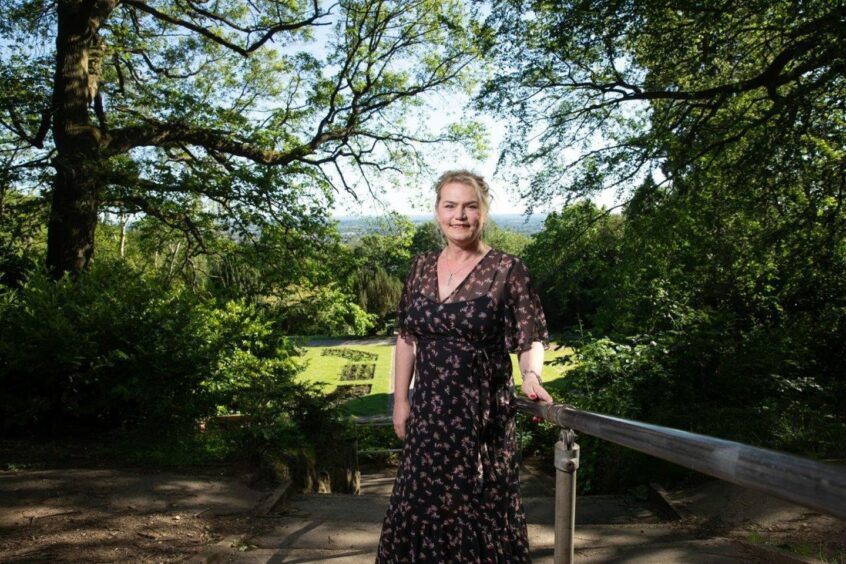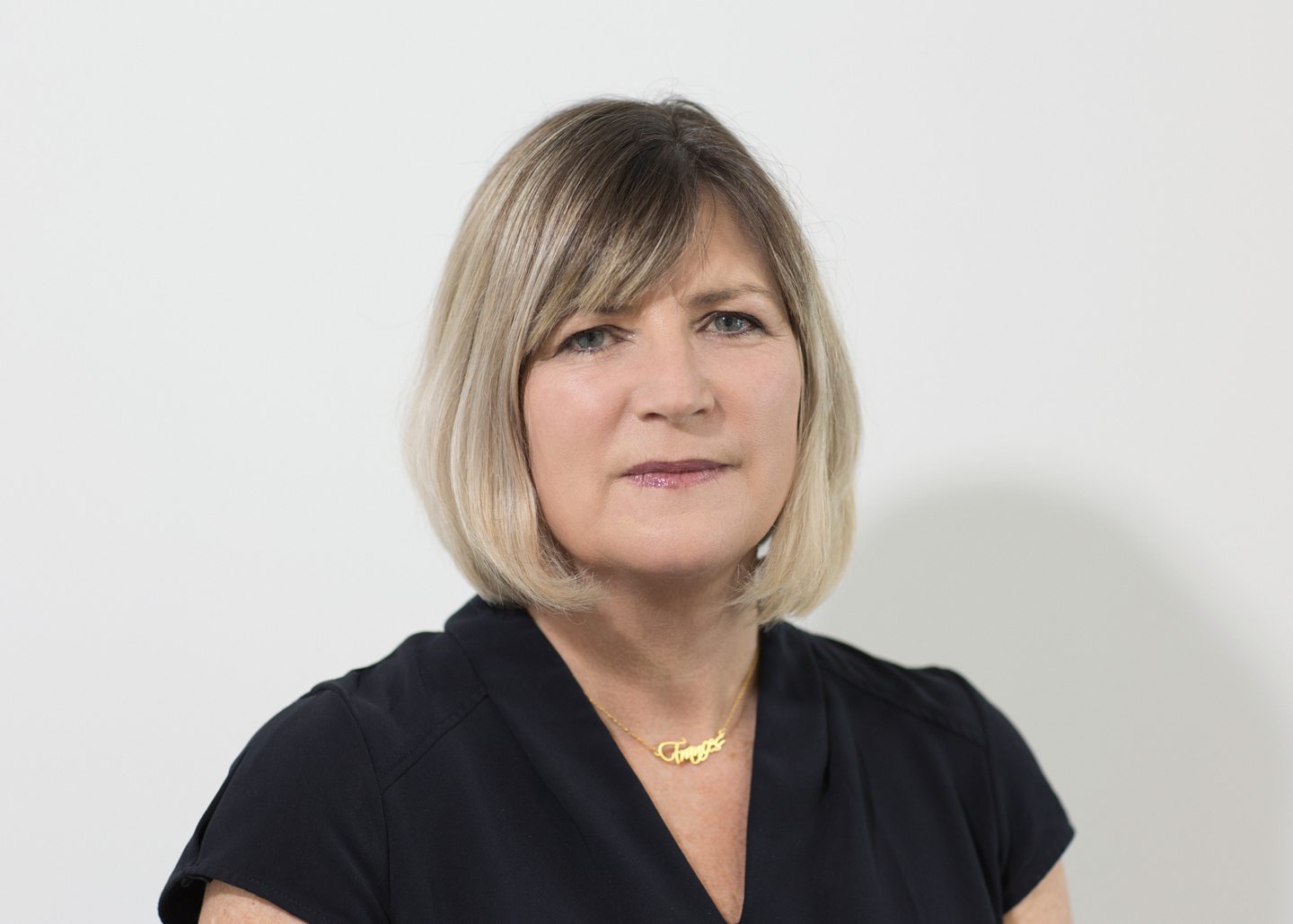
How far ahead, or how far behind, are you when it comes to diversity, equality and inclusion (DE&I) initiatives?
Before writing this article, I would have thought I was quite far ahead in comparison to my peers, I mean, I work in human resources (HR), my business is people, so if anyone is going to be ahead of the game in all things diverse, then surely that person is me?
Turns out, I was wrong. Until recently, I didn’t fully understand the true meaning of the words diversity, equality and inclusion.
But even more so, I was at a loss as to what we can do to change things, change mindsets, cultures and generations.
In my quest to discover how I can really add value to my clients’ DE&I initiatives in the energy industry, I was lucky enough to interview a remarkable woman, Samantha Jayne Nelson.
This brave and confident woman opened my eyes to what diversity, equality and inclusion truly means and what we can do to drive it forward in a transparent and consistent way whilst still showing compassion and empathy when appropriate.
Let me tell you a little bit about Samantha. Apart from being beautiful, talented and one of the bravest people I have ever met, Samantha has not always been Samantha.
When I first met Samantha some 15 years ago, Samantha was in fact living and presenting as a male, which is her assigned gender at birth.
Having worked in a male dominated environment offshore in the unforgiving UK North Sea as an Offshore Installation Manager (OIM) for Talisman, she always knew she was fighting with her assigned identity and instinctively knew she was meant to be a woman.
How do you just get on day after day knowing this, when you are working in harsh conditions, amongst some of the toughest men and on the most brutal seas known to man?
I mean, come on, let’s face it, this is not work for a woman, surely?
Well, she managed to show the industry they were wrong.
With an ally in the form of a colleague and good friend she could confide in, Samantha finally had the courage to face up to the demons and be honest about who she was internally.
Sitting at her desk one evening, she wrote an email to her colleagues that would change her life forever. This simple email asked everyone to start referring to her as Samantha.
She had no idea what she would face the next day at work and was physically trembling, hiding away in her office for fear of what might be waiting for her outside.
You can imagine her surprise when colleagues started popping in unannounced and congratulating her on her bravery, there was a genuine camaraderie of support and acceptance.
Just as she began feeling encouraged by the response and believing that the world has in fact changed, there was a knock at the door and in came a colleague who was frustrated and appeared angry.
Samantha remained calm as she wasn’t entirely sure what to expect, she asked him how she could help.
The man looked at her, sneering, and replied: “How could you do this? How is this going to affect me?”
What a strange thing for someone to say – what Samantha has done won’t affect him or anyone else for that matter, but it raised an interesting point.
As HR professionals, my colleagues and I need to consider the wider aspects of a diverse and inclusive population and accept that people are interested firstly in themselves and then in others. It’s human nature and nothing to be ashamed of but we must be aware of it.
When we support any individual, whether it be transgender, gay, lesbian, queer, disabled, or from a minority ethnic group or religious sector, our job is two-fold.
We need to consider how we support the individual and, just as importantly, how we can educate others to accept and understand that, for them, nothing will change.
Education begins with acceptance and, dare I say it, plain old-fashioned good manners.
But let’s fast forward 15 years into the future since Samantha announced her true identity to her colleagues and analyse what has actually changed and what we still need to do to make change happen.
Samantha tells us from first-hand experience what we can do and what needs to change.
The company culture and the correct environment is important but, more than that, is it vital to have colleagues you can trust to be your allies.
This comes with education and having team who are trained to support individuals who may be struggling with specific issues.
It’s not about giving advice and making decisions but about creating a safe place to allow the individual to make their own choices in their own time.
Samantha is an advocate of having more females in the industry and while she appreciates that the female balance is improving, she points out that diversity and inclusion are not about having the focus on more females or creating a league of ranking for who gets the job.
Samantha explains that we are guilty of negating the bigger issue and we need to consider LGBTQ, race and ethnic minority groups.
Is it possible to consider that diversity and inclusivity is in fact the wrong way around? Surely if the industry culture is inclusive, diversity naturally follows? Without an inclusive environment, we could be stifling diversity.
We need to create an equal playing field where people are judged on their skills and performance – it really is that simple.
We all recognise the importance of DE&I, and many companies have colleague support groups and hold Pride events, but is this a case of just ticking a box or do we really take the time to consider the benefits and the value of diversity?
Samantha expressed this wisely, saying: “If you don’t have innovation, you have stagnation.”
We should be embracing new ideas, accepting that there will be mistakes along the way but use these mistakes to learn and be prepared to make more.
The energy industry continues to be faced with this challenge but must use the expertise it has. The dynamics in the industry are changing and we need to harness the experience and open the doors to new ideas.
This is crucial if we want to see a change in the future.
Think about the next person you promote for instance. Are they just going do the same thing the previous person did with the same ideas? If this is the case, change will never happen.
If you want to discuss your DE&I initiatives, Purpose HR (an AAB Group company) has a dedicated team of professionals who will work with you and your senior leadership teams to tackle the challenges you are facing and help educate your team in all things DE&I.
We want to extend our thanks and gratitude to Samantha Jayne Nelson, OIM, Shell UK, for talking to us and being honest about what needs to change. We hope to support her quest in supporting the change of attitudes across all sectors.
Frances Wood is a Senior HR Consultant at Purpose HR, an AAB Group company.
Recommended for you

 © Supplied by AAB
© Supplied by AAB